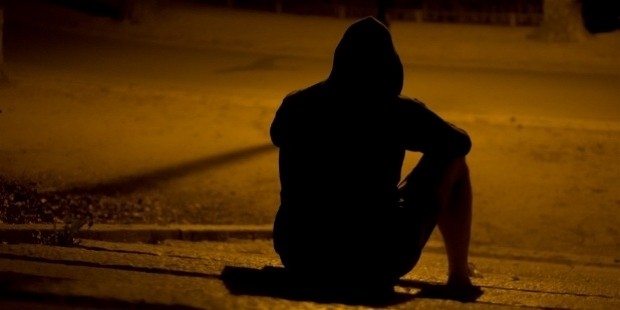Differences Between Existential Crisis and Depression

An Existential Crisis occurs when you think life is meaningless, lacks direction, purpose and doesn’t hold any value. Many of the day-to-day activities may seem silly or superficial. Hence you tend to become inactive exploring why the world is not changing at all.
On the other hand, depression is a clinical case whereby you tend to withdraw from others exhibiting a variety of symptoms that may have been caused by a mood disorder. It could be caused by a separation in relationship, loss of wealth or business, loss of a dear one, fall in career and so on.
Psychiatrists believe depression is caused by a chemical imbalance in the brain. On the other hand, an existential crisis is more attitude-related than emotional.
Major differences between existential crisis and depression
1. Existential Crisis is Less Severe than Depression

Existential crisis is related to the attitude towards life-based on the experiences you may have over the years. You may see a person preaching one thing and doing the exact opposite but still succeeding. You could see corruption everywhere or talent not getting rewarded.
Depression is a more severe state where chemical imbalances occur in the brain due to stress, anxiety, loss of power, wealth, a dear one in life, etc. It could also be caused by the use of drugs, alcoholism and in people with low self-esteem.
2. Depression Causes Mood Swings, Not Existential Crisis

Depression may be characterized by extreme mood swings moving from sadness to anger, anxiety, withdrawal, lack appetite, energy, back pain problems, suicidal tendencies and so on.
Existential crisis is characterized more by inactivity and distressed over the meaninglessness of life. They may not have mood swings but generally carry a pessimistic outlook on life.
3. Depression may Have More Physiological Effects than Existential Crisis

If you are depressed, you may suffer from back pain, headaches, lose sex libido, may have problems eating due to loss of appetite, may not get adequate sleep, may witness changes in heart rate, digestion problems and so on.
In an existential crisis, you are not likely to face physiological problems and may have normal appetite and metabolism.
4. Depression Leads to Withdrawal from Society; Existential Crisis Affects Activity

Depression can make you withdraw from people and keep you locked up in a room. Your self- esteem and self-worth are diminished. It may keep you away from indulging in any activity and make you sleep too much.
On the other hand, when you are in an existential crisis, you find it difficult to adjust to the society and day-to-day life as you find no meaning in them.
5. In Existentialism, the Fault is with Society; in Depression, it is in Yourself

In Existential Crisis, you think society has made life meaningless with its customs and traditions. You would like to badly see a change.
On the other hand, when you are depressed, you blame yourself for your failures and for not conforming to the standards set by the society.
6. Depressed People are More Prone to Suicide

Depressed people are more likely to have suicidal tendencies compared to those in an existential crisis. Due to the various complications that accompany social isolation, depressed people could also be prone to violence, destroy things around and may require medication to prevent anxiety attacks.
7. Depression could be Caused by Hereditary Factors

Depression could be caused by hereditary factors if your family has a history of such illness. However, an existential crisis is born from life experiences and not necessarily runs in the family. Children can be affected by depression and are less likely to face an existential crisis as it is associated with a higher level of thinking.









